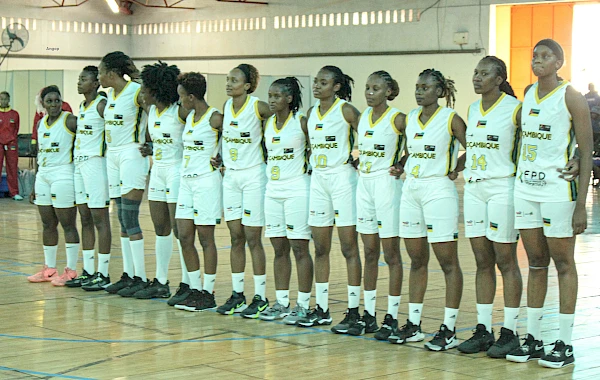Addis Ababa - João Lourenço reaffirmed this Saturday in Addis Ababa, Ethiopia, that the African Union (AU) must continue to work for the rapid re-establishment of democratic normality in Mali, Burkina Faso, in Níger, Guinea and Gabon.
The elected governments of the aforementioned countries were recently stripped of power through coups d'état by military forces.
For the Angolan statesman, who was speaking at the annual summit of the African Union (AU), it is important not to be tolerant of governments constituted on the basis of unconstitutionality, as postulated in resolution 16 of the Extraordinary Assembly of Heads of State and Government of the AU, from Malabo.
He recalled that the consequences, in these countries, are dramatic for the populations, economies and, in general, for the normal life of the societies affected by this problem.
“There are no coups d'état that can be considered good, less bad or tolerable, as they all seriously undermine the principles defended by the AU, the Constitution and the Law of the Member States, a fact that constitutes a setback for Africa”, he stated.
Sudan
Regarding Sudan, he said that the mini-summit in June 2023, in Luanda, recommended the reactivation of the peace process of the AU, the Intergovernmental Authority for Development (IGAD) and other sub-regional organizations.
For this reason, he emphasized the need for African leadership and coordination of efforts with the Sudanese authorities, to end the conflict and initiate actions aimed at a peaceful and democratic transition through an inclusive political process.
However, he said, despite the efforts made to resolve this conflict, the recommendations mentioned above were not implemented, a fact that delays the transition from the military government to a civilian government and the implementation of the peace process.
CAR
Regarding the Central African Republic (CAR), he explained that in October 2023 the Strategic Committee for Supervision of the Political Process for Peace in this country carried out an assessment of the process, verifying the significant progress made in implementing the Peace Agreement.
He highlighted the fact that there was national ownership of the Agreement and the fulfillment of some tasks of the six axes contained in the roadmap, namely engagement with the leaders of armed groups, the ceasefire, the Disarmament, Demobilization and Reintegration (DDR) Program, Security Sector Reform, Border Control and the Political Process.
Mozambique
President João Lourenço highlighted the progress made in combating terrorism and violent extremism in the province of Cabo Delgado, in northern Mozambique, thanks to the solidarity and concerted effort of SADC countries, with the deployment of a regional mission, on the ground since 2021.
He explained that due to the good results obtained, the mission is preparing for its gradual withdrawal, while a process of training, training and reinforcement of the combat capacity of members of the Mozambican defense and security forces is taking place.
The Angola Head of State expressed concern about the fact that several conflicts with different origins still prevail on the continent, which seriously disrupt the lives of populations and affect and weaken the countries in which they occur.
He also highlighted the events taking place in South Sudan, Libya and Somalia, with initiatives at the level of Economic Communities and Regional Mechanisms, in order to set in motion the combination of genuine efforts.
He concluded by stressing that “Africa defeated colonialism, defeated Apartheid and will also overcome terrorism and unconstitutional changes”.
VIC/ADR/CF/jmc































